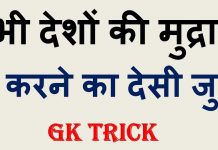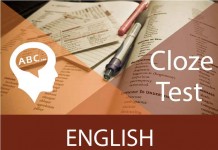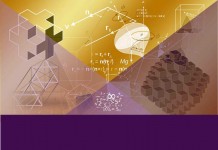Logical Reasoning Set 13
Logical Reasoning Questions are very important for competitive exams. We are here with our set 13 of such questions which are very important for competitive exams.
Directions (1-5): In each of these questions the symbols @, #, $, % and ⋆ are used with different meanings as follows.
I. ‘P @ Q’ means ‘P is not smaller than Q’.
II. ‘P # Q’ means ‘P is not greater than Q’.
III. ‘P $ Q’ means ‘P is neither smaller than nor greater than Q’.
IV. ‘P % Q’ means ‘P is neither smaller than nor equal to Q’.
V. ‘P ⋆ Q’ means ‘P is neither greater than nor equal to Q’.
In each question, four statements showing relationships have been given, which are followed by four conclusions I, II, III and IV. Assuming that the given statements are true, find out which conclusion(s) is/are definitely true.
Q1.Statement:
L # T, T⋆D, D @ H, H $ K
Conclusions:
I. K ⋆ D
II. K # D
III. L ⋆ D
IV. K $ L
(a) I and III are true
(b) II and III are true
(c) III and IV are true
(d) I and II are true
(e) None of the above
Q2. Statements:
E $F, F @ I, I % K, L ⋆ K
Conclusions
I. E @ I
II. L ⋆ F
III. F % K
IV. E % K
(a) None is true
(b) I and II are true
(c) II and III are true
(d) I, II and III are true
(e) All are true
Answers to the quiz and More questions are attached in the Sehpaathi Test Application below
Sehpaathi Test Application: CHALLENGE YOURSELF
Test: Bnk_Reasoning_Logical-reasoning-Set7
Q3. Statement:
R @ J, J⋆ F, F # M, M % V
Conclusions:
I. J % V
II. R @ M
III. J # V
IV. R ⋆ M
(a) Either I or III is true
(b) Either II or IV is true
(c) II and III are true
(d) Either I or III and either II or IV are true
(e) None of the above
Q4. Statement:
V % W, W # Z, Z @ T, T $ H
Conclusions
I. Z % H
II. V @ Z
III. V ⋆ Z
IV. W $ T
(a) Either II or III is true
(b) Only I is true
(c) Only IV is true
(d) I and II are true
(e) None of the above
Answers to the quiz and More questions are attached in the Sehpaathi Test Application below
Sehpaathi Test Application: CHALLENGE YOURSELF
Test: Bnk_Reasoning_Logical-reasoning-Set7
Q5. Statements:
H % L, L @ Q, Q ⋆ R, R # N
Conclusions
I. H @ Q
II. H % Q
III. N @ Q
IV. N % Q
(a) I and III are true
(b) II and III are true
(c) II and IV are true
(d) All are true
(e) None of these
Answers:
1)b 2)e 3)d 4)a 5)c























